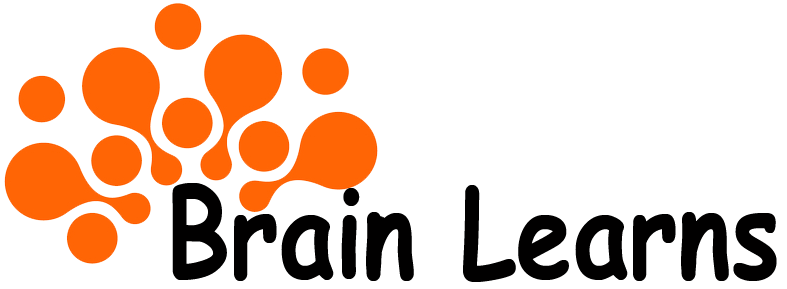🌟 New Year Offer 🌟
Celebrate 2026 with 30% OFF on all products! Use code: NEWYEAR2026. Hurry, offer ends soon!
Learn to see the “Safe Zone” through a master teacher.
Learn why we can easily ignore the 10,000 hour “rule”, and still be exceptional in several disciplines!
File Size: 635.4 MB.
Sean D’Souza – Suddenly Talented

Let’s say you want to be outstandingly good at something; do you have to be a genius at it?
Do you really want to be a genius?
What if you just wanted to be very good at something; do you need to be a genius? Most of us don’t care about genius at all. However, conditioning causes us to strive for a ‘genius level” that wouldn’t necessarily make us happy. We put so much energy into trying to be the “best in the world”. We start chasing something that we don’t want or need in the first place. What if we stopped aiming for genius and started the journey towards “Doable Greatness” instead?
What is “Doable Greatness?”
“Doable Greatness” is a stage you can get to in next to no time at all. It’s a stage where you don’t have to struggle to learn a new skill. It’s a scenario where friends, colleagues, even skeptical family members see you as being a professional. Instead of spending endless time trying to cultivate a skill, you are seen as stunningly good at what you do. What’s more is that you’re not just seen as having a skill in one area, but in several, vastly separate domains.
Instead of putting all our energy into one crazy goal, what if we got good at six or seven skills instead?
Introducing, “Suddenly Talented: The Road to “Doable Greatness”
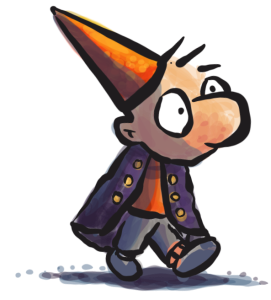
We’ve all grown up with one mantra: you either have the skill, or you don’t. You’re either born with it or not. When we looked around at the “talented kids” at school, that logic seemed to work. They seemed to be good at drawing, writing, maths and a whole lot of things we were just average at doing.
But what if that logic of “inborn talent” has a lot of holes in it?
Over the years, at Psychotactics, we’ve trained people who say they can’t draw. In a few weeks—and sometimes often in the first week itself—they realise they are already drawing exceedingly well. The same applies to writing, speaking, creating products, etc. In short, all of these people are developing talents they never had, and talents they were told they should have been born with. The problem with the logic of “inborn talent” is that it’s a prison. If you have a fixed number of talents, then you can NEVER get any more. You’re stuck in that jail and can never get out!
And yet, there’s a reason why some people are vastly more talented than others
Rarely does it have to do with any good fortune of birth. Instead, they have learned that what it takes to become talented is remarkably simple.
What if we don’t have to struggle with learning a new skill? Understanding why one person is so very talented and the other is just mediocre at almost everything, is the key to “Suddenly Talented”.
Let’s take a peek into what you’ll learn in this book.
What will you find inside “Suddenly Talented?”
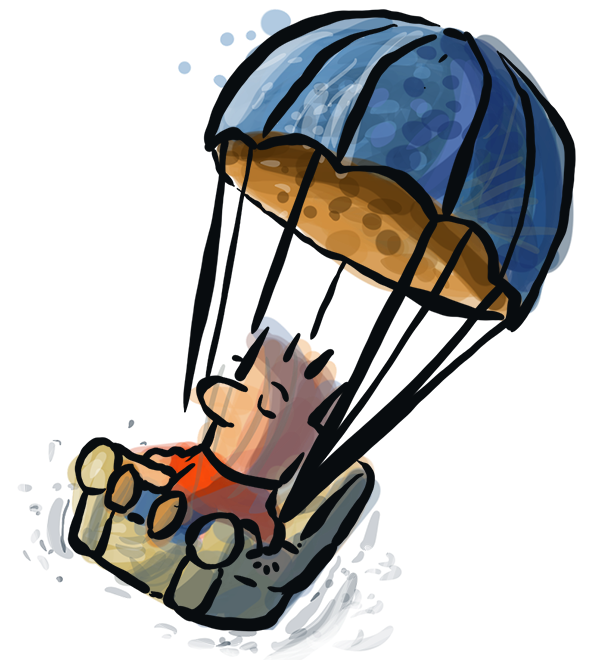
How to avoid the “I’m not talented” dungeon by understanding energy
We all know what “energy” looks like. However, in this section we look at why people fail time and time again. It’s almost always because of bad energy management. Why does energy matter so much when we’re gaining a new talent? How to know whether you’re going off track and are with the wrong system—or wrong teacher. This slightly unusual idea of energy will show you how to make choices that will move you forward, not throw you back into the “I’m not talented dungeon”.
Why confidence is more important than skill
It’s normal to believe that as we get more skilled, we will also get more confident. However, don’t you know people who have studied a language and still can’t speak it? They know the vocabulary fairly well, have a good sense of the grammar, but are reluctant to put themselves out there. The concept of confidence plays an inordinately large role in creating a talent. Conversely, if someone destroys our confidence, it won’t matter how skilled we are. Understanding the concept of confidence allows us to pick the right teachers that prioritise confidence over mere skill.
The hidden factor called the “Safe Zone”
Almost directly linked to confidence is something that many of us ignore. It’s called the “Safe Zone”. How does this “Safe Zone” play a crucial role in speeding up our learning? In this chapter you learn to see the “Safe Zone” through a master teacher. This knowledge enables you to look for “Safe Zones” when learning but also to make sure you’re creating “Safe Zones” when training others.
And yes, the 10,000 hour dilemma
You may have read, or heard, that it takes 10,000 hours to get really good at something. Well, does it? In “Suddenly Talented” you get a deeper dive into what the 10,000 hour “rule” says, and why it doesn’t seem to apply to any of us. All it does is intimidate and stop us from getting the skills we seek. We learn why we can easily ignore the 10,000 hour “rule”, and still be exceptional in several disciplines!
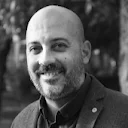
George Konstantopoulos Greece
My initial understanding of talent was that being talented is reserved for the top 0.1% of people.
Before I read the book, I thought that:
-To be talented relates to the very few that can become, let’s say, an NBA player or not try at all.
-In other words – to be talented – it’s about only for the inborn geniuses that possess innate gifts.
This is how the book changed that perspective.
– Between average and genius level lies the doable greatness, something similar to the 80/20 rule. And that you don’t need to spend 10,000 hours to acquire a skill.
– See talent as making mistakes and the “reduction of errors” that lead to pattern recognition and, as a result, to insights generation.
– You can acquire doable greatness by following a step-by-step process.
The confidence chapter got my attention.
More specifically, the connection of confidence with the series of safe zones and how they create a proper learning environment that moves you forward when it comes to skills acquisition.
– How the proper tools can create/enhance confidence.
– How we make comparisons on just a few disciplines that are widely known/visible and we forget that there are millions of disciplines that someone can be talented at and not credited for.
I think this book will help others because:
Suddenly Talented is a simple, easy-to-follow framework whether you’re a teacher or a student because it gives you a deeper understanding to structure your teaching material (as a teacher) and, at the same time, to know the steps that you have to take/have (energy —> confidence) so as to acquire a skill as a student.
What’s Unique About This Book on Talent? What Makes It Remarkably Different?
Most books on learning are written by authors who use some sort of study. The study is done in a test environment with people in the room. However, the experiences mentioned in Suddenly Talented have been with real clients who’ve paid to learn skills such as cartooning, watercolours, photography, writing sales letters, storytelling, etc. What also makes this more unique is the clients are able to leave at any time, because the courses are done online. Yet, they choose to stay through the entire course.
To back it up, we’ve taken the learning from workshops and courses we’ve done offline. Hence, all of these concepts are based on real-time, real clients paying real money. What you’ll learn is not only how to become more skilled at learning, but if you need to, you can use these principles to become better at teaching too.
It’s magical when you realise how you’ve gotten slightly misplaced advice for so long and that talent is comfortably within your reach.
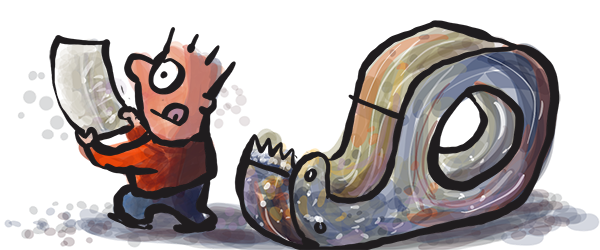
Course Features
- Lecture 0
- Quiz 0
- Duration 10 weeks
- Skill level All levels
- Language English
- Students 133
- Assessments Yes
